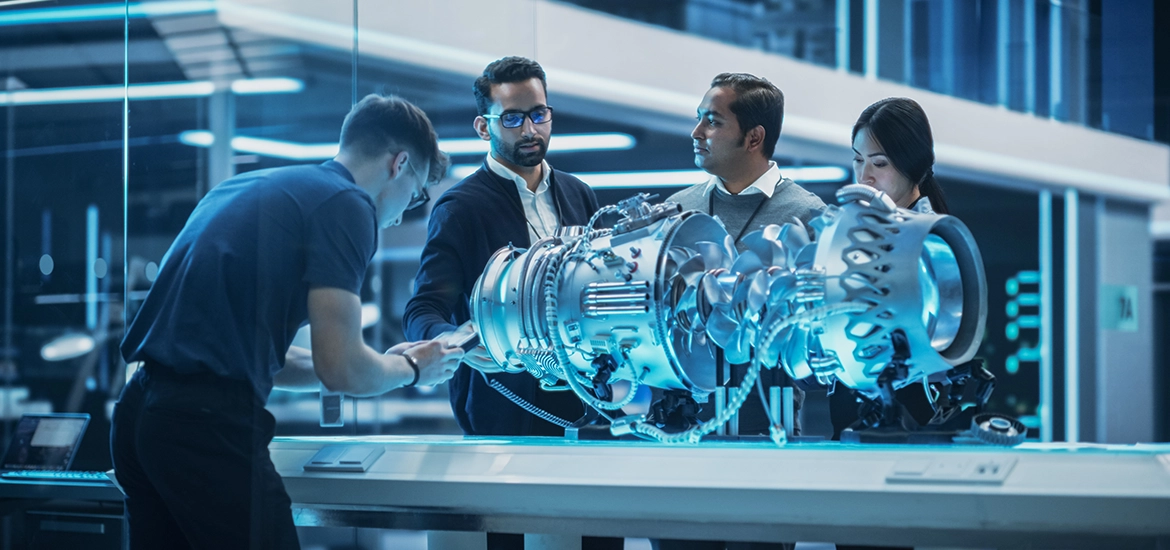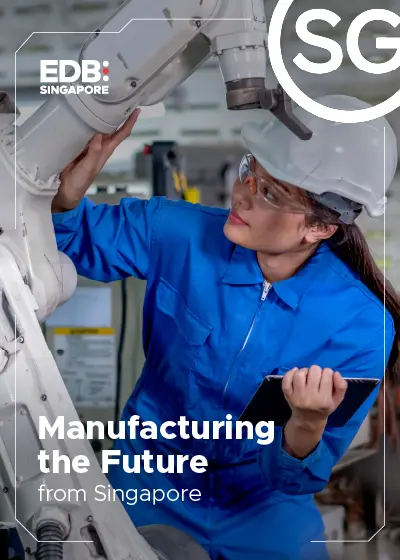Technological progress in aerospace is creating attractive jobs, but also increasing the need for upskilling, said panellists in a 3 Sep roundtable organised by The Business Times and presented by aircraft engine manufacturer and system provider GE Aerospace.
Singapore’s aerospace industry has seen strong employment growth, with nearly 3,000 jobs created between 2021 and 2023, and some 2,500 more expected in the next three to five years.
The industry is a leading adopter of technologies, said Economic Development Board (EDB) vice president of mobility and industrial solutions Zheng Jingxin.
In maintenance, repair and overhaul (MRO), this could mean 3D printing for repairs or artificial intelligence-driven predictive maintenance, for example.
Such new technologies not only help companies become more competitive, but “create jobs that Singaporeans will want to take up”, he said at the roundtable, themed “Advancing MRO for a Resilient Aerospace Industry in Asia-Pacific”.
These include jobs in “repair development”, such as writing repair manuals. Jobs are also emerging in next-generation battery technologies, as electric and hybrid aircraft are being developed.






